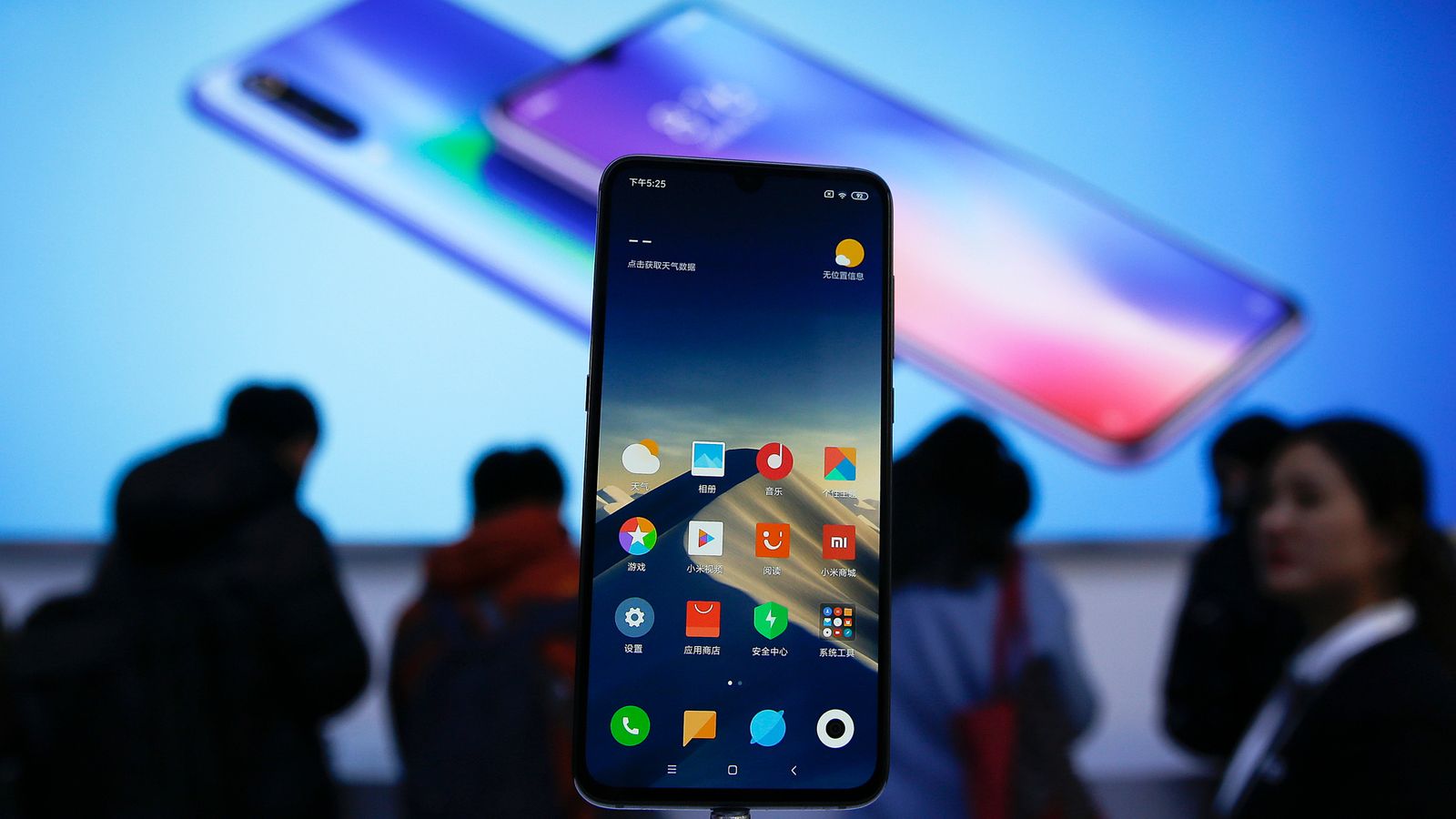The Lithuanian Ministry of Defence has urged people to stop buying Chinese phones and throw away the ones they already possess after discovering censorship software.
It followed a report from the country’s National Cyber Security Centre (NCSC) which found that Xiaomi devices were censoring terms deemed to be offensive to Beijing.
According to an analysis by the Lithuanian NCSC, the Chinese company’s flagship devices sold in Europe have a built-in ability to detect and censor particular terms.
The phrases included “demonstration”, “free Tibet”, “long live Taiwan independence”, and “church” according to the Lithuanian authorities.
Although the censorship capability had been turned off for devices in the European Union, the ministry of defence warned that it could be turned on remotely.
“Our recommendation is to not buy new Chinese phones, and to get rid of those already purchased as fast as reasonably possible,” said Defence Deputy Minister Margiris Abukevicius, according to Reuters.
A spokesperson for Xiaomi declined to comment when contacted by Sky News.
The call to throw away Chinese phones comes amid growing tensions between Lithuania and China over the former’s support for Taiwan – which China claims as part of its own territory.
China demanded Lithuania recall its ambassador in Beijing last month and recalled its own envoy from Vilnius in a protest over Taiwan announcing its mission in the country would use the name of Taiwan, instead of the city of Taipei, which is typically used in other European nations and in the US.
Professor Alan Woodward, a cyber security expert at the University of Surrey, told Sky News: “We all know there are different builds of phones for different countries. If you want to sell a device in a country then you have to obey the laws there.
“But to have censorship software left in that can be remotely activated… that’s a whole different level of one country effectively exporting its domestic regulations via technology,” he said.
Professor Woodward said he could understand the thought process behind the Lithuanian warning: that if one Chinese vendor has included a censorship capability to please Beijing then that made it harder to trust others haven’t done so too.
“Lithuania is a small market so I can imagine this might blow over, but the censorship software seemed to specifically be addressing items that were part of the tension between the two countries,” added Professor Woodward.
“That starts to look like a deliberate attempt to interfere,” he said.
“I’m sure other countries are also looking at these devices, so it behoves the Chinese government to make sure that they aren’t trying to export their censorship regulations elsewhere or else they could destroy trust in all Chinese vendors, and that won’t end well for anyone.”

